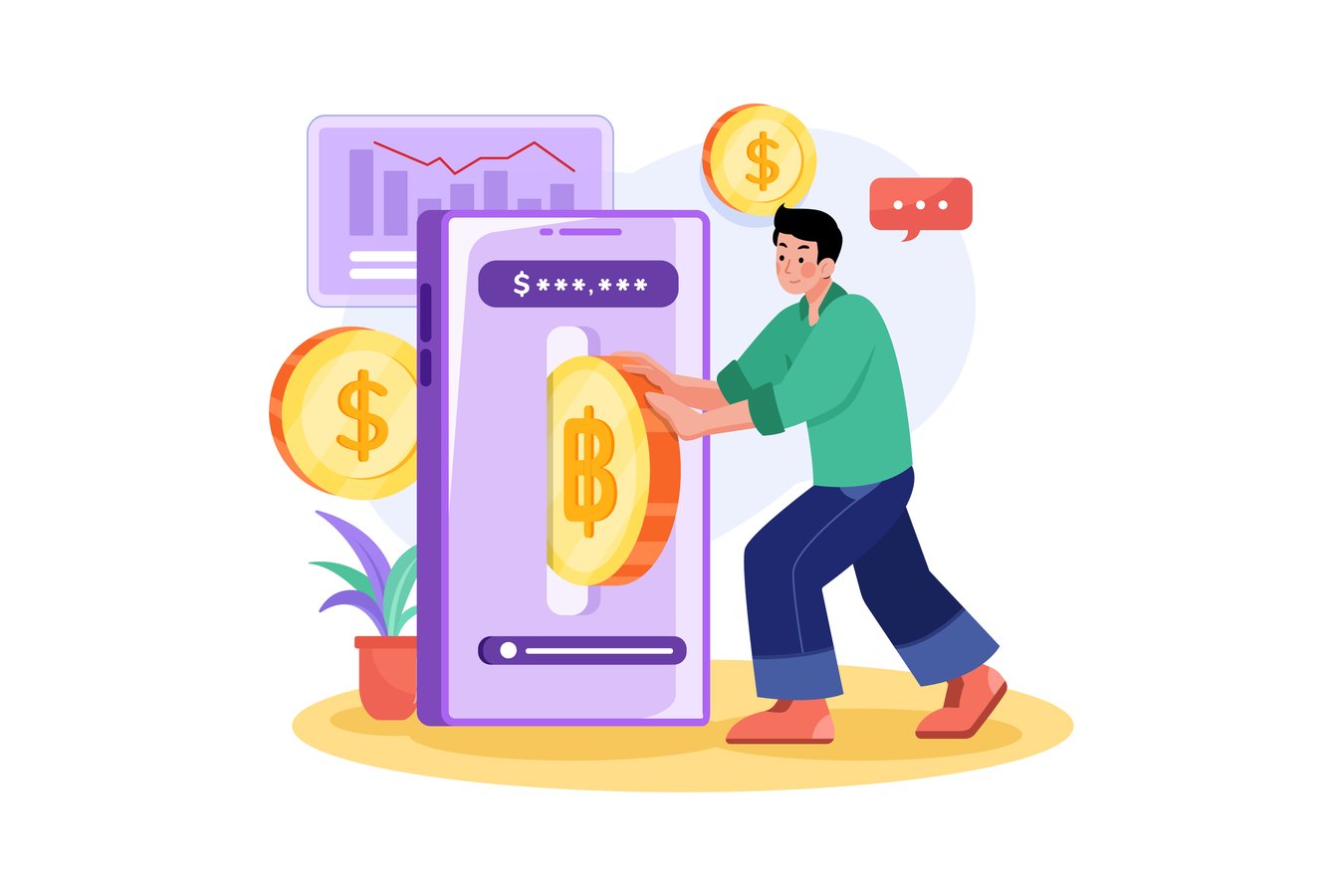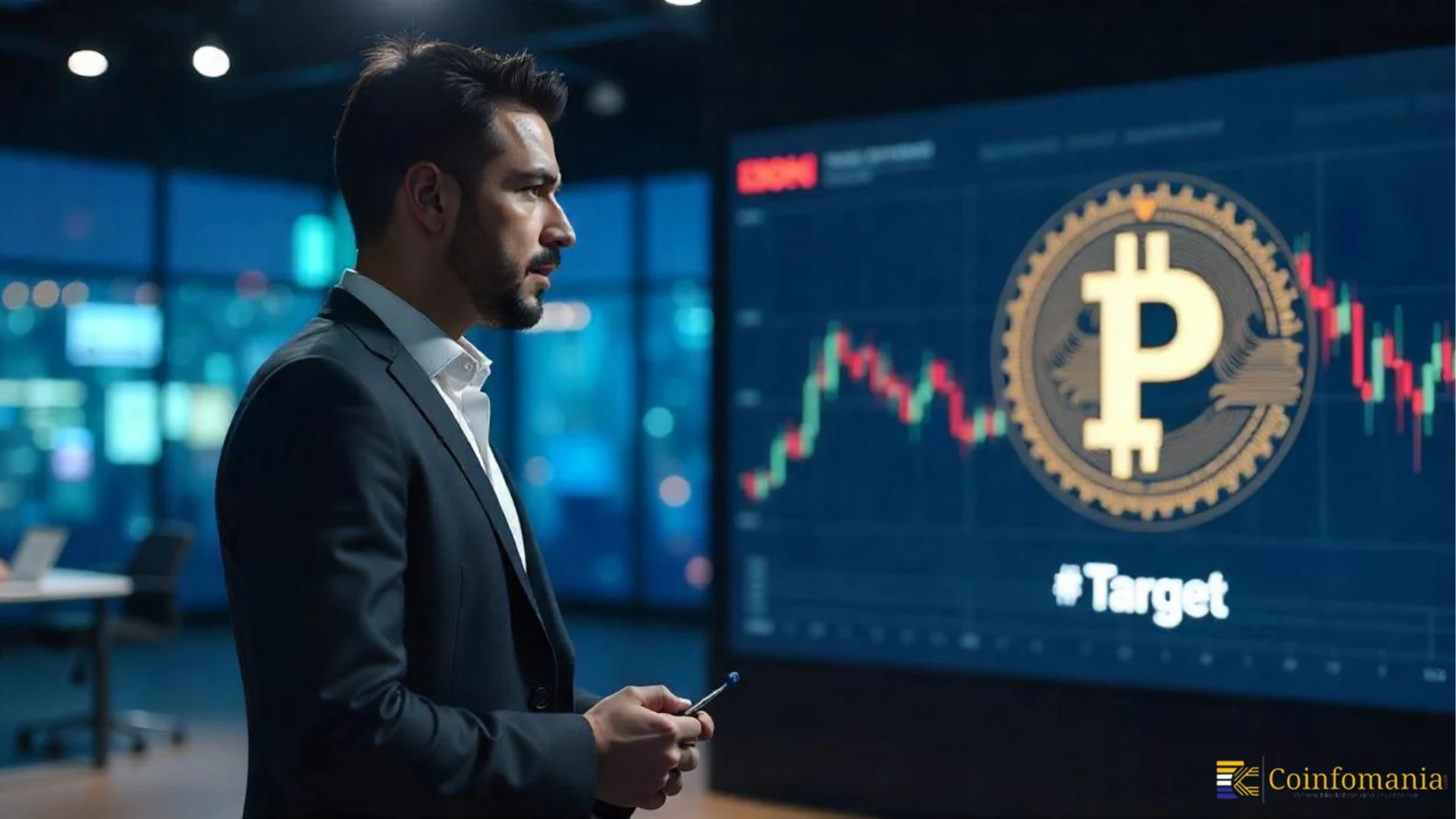In a major regulatory move, Google has blocked 17 unregistered crypto exchange apps in South Korea at the request of the country’s Financial Intelligence Unit (FIU). This action reinforces South Korea’s strict stance on digital asset regulations, aiming to protect investors and curb illegal financial activities.
Popular platforms such as KuCoin, MEXC, Phemex, and BitMart are among the exchanges affected by the ban, preventing users in the country from downloading or updating their apps.
🚨Just in: Google has restricted access to 17 unregistered #Crypto exchanges in South Korea at the government's request.
➡️Users can no longer install or update apps for platforms like #KuCoin, #MEXC, #Phemex, and others.#CoinPedia #CryptoNews #Blockchain #CryptoMarket
— Coinpedia (@CoinpediaNews) March 26, 2025
The South Korean Financial Services Commission (FSC) identified these platforms as operating without proper licenses while actively targeting Korean traders. Authorities evaluated them based on three key factors: whether they had Korean-language websites, engaged in local marketing, or allowed transactions in Korean won.
Exchanges failing to meet these compliance standards were flagged as violating South Korean financial laws, leading to their removal from Google Play.
South Korea has some of the most stringent cryptocurrency regulations globally. Any crypto exchange operating in the country must register with the FSC and implement Know Your Customer (KYC) and Anti-Money Laundering (AML) measures.
A crucial requirement is for exchanges to partner with local banks to offer real-name verification accounts, ensuring transparent financial transactions. Exchanges failing to comply face harsh penalties, including service bans and legal action.
For South Korean crypto traders, this ban significantly limits their access to global trading platforms. Many relied on foreign exchanges to access a broader range of cryptocurrencies and trading pairs.
While some may attempt to bypass these restrictions using VPNs, the government’s crackdown signals a zero-tolerance policy toward unregistered exchanges.
As a result, more traders may shift toward domestic, regulated exchanges, reshaping South Korea’s crypto trading landscape.
South Korea’s aggressive regulatory actions could set a precedent for other countries considering similar crackdowns on unlicensed exchanges.
In a related development shared by CNF, the Bank of Korea has also rejected the idea of adopting Bitcoin as a foreign reserve, citing its price volatility. Instead, financial experts are pushing for a won-backed stablecoin to bring more stability to digital assets in the country.
Amid these regulatory changes, Bitcoin (BTC) is currently trading at , marking a increase in the past week, according to CoinMarketCap. This surge comes as investors react to growing regulatory scrutiny, potentially driving more activity toward regulated platforms.
This article is provided for informational purposes only and is not intended as investment advice. The content does not constitute a recommendation to buy, sell, or hold any securities or financial instruments. Readers should conduct their own research and consult with financial advisors before making investment decisions. The information presented may not be current and could become outdated.












